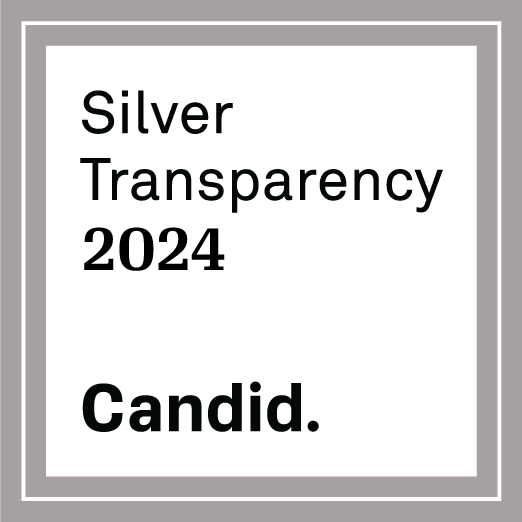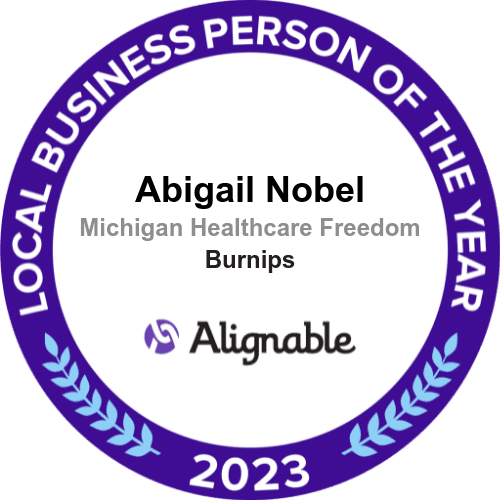
Since the influential 2006 study, A specific amyloid-β protein assembly in the brain impairs memory, by Sylvain Lesné of the University of Minnesota (UMN), Twin Cities was questioned for data fakery last year, the issue of data manipulation in science has come to the fore. "Follow The Science" has now become the punchline to hundreds of dystopian sick jokes. More from the Alzheimer's front:
https://sensiblemed.substack.com/p/does-anyone-still-care-about-data
Does Anyone Still Care About Data?
A deep dive into the Alzheimer’s drug Leqembi exposes medical groupthink
Marty Makary M.D., M.P.H. - JUL 21, 2023On Monday, Eli Lilly released phase III data on their newest Alzheimer’s drug, Donanemab, which was found to slow the progression of the disease by approximately 40 to 60%.
Impressive.
While the benefit achieved statistical significance in both men and women, 24% of patients developed brain swelling and 31% had experienced some form of brain bleeding. The hypothesis that monoclonal antibodies to plaque slow the progression of Alzheimer’s appears true. But the risks and benefits for each individual patient with each drug in this class will need to be considered.
Prior to Monday’s results, the medical-industrial complex was celebrating another Alzheimer’s drug, Leqembi, approved by the FDA two weeks ago. Some of the praise appears to be warranted—the drug’s clinical trial found that the drug slowed cognitive decline by 43% in men.
But no one has been talking about its results in women, who comprise two-thirds of Alzheimer’s patients.
In women, Leqembi slowed cognitive decline by just 12% while exposing them to the drug’s risks: a 13% risk of brain swelling (versus 2% in the placebo group), a 17% risk of brain bleeding (versus 9% in the placebo group), and an overall 7% chance of an adverse event resulting in discontinuation of the drug (compared to 3% in the placebo group). Those are not trade-offs I would have recommended for my Aunt who recently succumbed to this cruel disease.
Importantly, the reported benefit of a 12% reduction in Alzheimer’s progression in women was not statistically significant.
The study got big media attention, but essentially none of it mentioned the stark difference in efficacy between men and women. Only one Axios report even mentioned it. One reason may have been that the results for women did not appear anywhere in the printed New England Journal of Medicine study—a study funded by the drug’s manufacturers Eisai and Biogen. I had to dig through the study’s supplemental material to find the results on women.
The disappointing data in women didn’t seem to affect the medical establishment’s bandwagon cheering. Dr. Teresa Buracchio, of the FDA’s Center for Drug Evaluation and Research, said in a statement “This confirmatory study verified that it is a safe and effective treatment for patients with Alzheimer’s disease.” But where was the critical appraisal of the research methodology and results for the largest demographic affected by the disease—women?
The differences in the drug’s efficacy by sex could be explained by the study’s small sample size. Only 729 men and women completed the trial, making it hard to know the precise impact in each subgroup.
Another possible explanation is the potential interaction between hormonal regulation in women and the disease physiology. Earlier this year, a U.K. study of 1,178 postmenopausal women found that women who took hormone replacement therapy had improved memory. This benefit was most prominent in the subset of women with the APOE4 gene mutation associated with Alzheimer’s.
Earlier this year, Medicare refused to universally cover Leqembi in all patients that met the FDA indication. But two weeks ago, Medicare changed its position. The agency will now cover 80% of the drug’s $26,500 annual price tag, despite the financial peril of the Medicare trust fund. Patients suffering from the disease will be on the hook for the remaining $7,000. (To Medicare’s credit, the agency is requiring beneficiaries on Leqembi to be tracked in a registry to better understand the drug’s complex side-effect profile.)
Enter Politicians
Politicians have used the high price of new Alzheimer’s drugs to play a budget shell game. Last year, Medicare built in the price of new Alzheimer’s drugs in its premiums, artificially inflating Medicare Part B premiums even though the agency did not broadly cover it. This budgetary discrepancy resulted in relatively lower than projected premiums this year. President Biden erroneously ascribed the savings to the Inflation Reduction Act. But spending less than projected is not real savings.
Does anyone care about what causes Alzheimer’s?
It is ironic that America will spend billions on a drug to treat Alzheimer’s, but pennies to study what actually prevents it. We can do better than that. Alzheimer’s is the fifth leading cause of death in people over 65 years of age.
The National Institutes of Health (NIH) will spend $3.6 billion this year on Alzheimer’s research, yet only 2% of NIH-funded Alzheimer’s clinical trials are studying the role of food. Given the rising prevalence of Alzheimer’s, we should be investing more on studying causes, such as environmental toxins, and the role of food. A Neurology study published two months ago found that people on a Mediterranean diet had a nearly 40% lower odds of having Alzheimer’s associated plaques in the brain. And a study by my Johns Hopkins colleagues and I found that chronic poor sleep may also be a contributing cause. Other factors that have been suggested in the literature include cognitive training, social engagement, and exercise.
Unfortunately, lifestyle changes that can reduce the risk of Alzheimer’s and related dementias are rarely discussed and are dwarfed by media coverage of new Alzheimer’s drugs. It’s time to study how to prevent Alzheimer’s, not just indiscriminately push pharmaceuticals.
America’s Lost Art—the Critical Appraisal of Research
We witnessed similar medical groupthink during Covid. Throughout the pandemic, the medical establishment never talked about Covid’s leading modifiable risk factor—obesity. Instead, they had a singular, albeit important, pharmaceutical solution. They indiscriminately told everyone to get multiple vaccine doses, regardless of whether a person already had high levels of Covid antibodies from natural immunity, or if a healthy young male already had three vaccine doses. During Covid we saw naked allegiance to political figures, regardless of the data. Doctors and the public alike were quick to cite studies to support their ideas, even if the methodological quality would not meet entry criteria for a 7th grade science fair contest. Conversely, research that did not support a forgone conclusion was downplayed, ignored, or censored.
A Balanced Approach
Yes, pharmaceuticals save lives. In the hospital, I see it all the time. But promoting health means preventing disease, not just using drugs.
Leqembi for women is poised to make billions for Eisai and Biogen and (let’s not forget) the hospitals infusing it. But does it make sense for patients? For men, the data on Leqembi’s effectiveness appear strong. But for women, the case (based on the data we have to date) is not yet compelling. Amidst the rally call for the broad administration of Leqembi, patients and their loved ones should know about the drug’s poor results in women and the FDA’s black box warning that the drug may cause “severe life-threatening events.” They should also remember that financial toxicity is a medical complication.
For decades, the medical profession has insisted on good data before making sweeping recommendations to populations of patients. Women should not be treated any differently.






